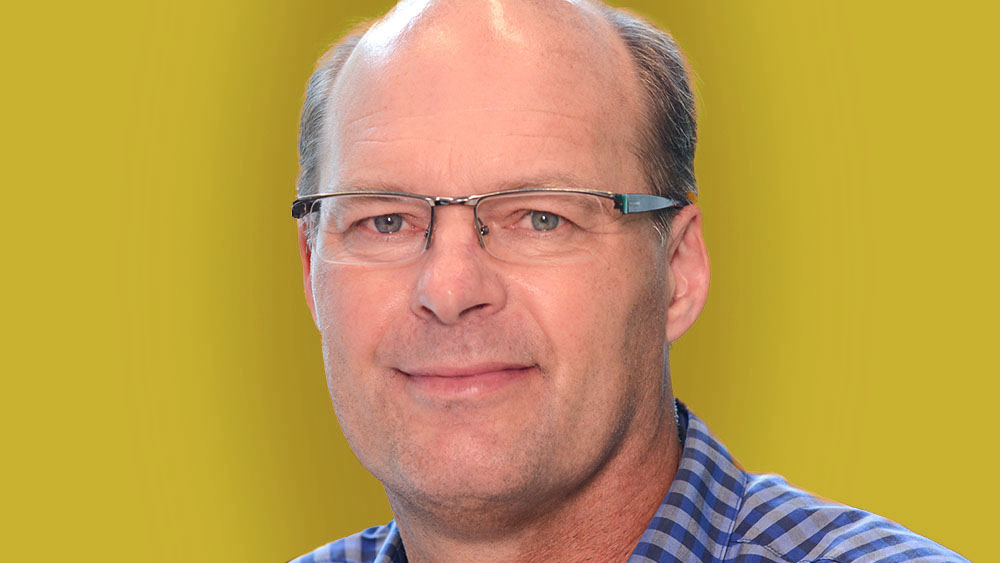Your cart is currently empty!

A déjà vu, but scary as hell
Present developments in the US are reminiscent of the merger of Philips Electron Optics and FEI Company, with some notable differences.
The present leaders of the US loathe us Europeans, and by inference the Dutch, as much as, if not more than, they do their Democrat colleagues. This comes as a big shock. But many of their actions are recognizable, if not understandable, for those who have worked closely with Americans. I’ve lived and worked in the US for four years and worked for an American company, FEI, now part of Thermo Fischer, for eight. Working in the US, the cultural differences with the Netherlands were noticeable, although somewhat hidden by the broad pool of cultural variation that’s often present at research departments.
I joined FEI several years after the reverse take-over of Philips Electron Optics by FEI Company. Philips Electron Optics was one of the leaders in the market of electron microscopy since the 1940s, whereas FEI was a small Oregon company specializing in electron and ion-beam sources founded in 1971. There was a significant difference in size and turnover between the two. Yet, the smaller one was in the lead. I experienced firsthand the cross-cultural dimensions famously described by the Dutch pioneering social psychologist Geert Hofstede.
In the Hofstede model, the US has a higher power distance index than the Netherlands. Americans are more accepting of hierarchical structures and unequal power distribution. The Dutch prefer more egalitarian relationships. Although 70 percent of the revenue was generated by the former Philips part, it was made abundantly clear that decisions were made in Oregon.
Another very significant difference in culture lies in the so-called masculinity-femininity dimension. In the Hofstede model, the US is considered a society valuing competition, performance and achievement. By contrast, the Dutch emphasize caring for others, modesty and compromise. The incessant belligerent framing of the business as a war with the competition, notably JEOL from Japan, to be crushed in due course, took some getting used to.
Uncertainty avoidance was an interesting dimension at FEI. The American leaders of the company, being more comfortable with ambiguity and risk-taking, were very much inclined to change course if they saw a new opportunity in the pursuit of favorable quarterly numbers for the shareholders. Trying to use a letter of intent for actual revenue recognition to improve the quarterly numbers was part of that, too.
The dimension of long-term orientation with a preference for rules and regulations certainly applied more to the Dutch than to the Americans. That became apparent, for example, in the prevailing American attitude that anything related to Philips’ procedures must be bad and replaced by something different, often more ad-hoc, as soon as possible, like the famous Philips 12-digit numbering code (12NC). DOGE avant la lettre.
Despite the differences, the work environment was rewarding and invigorating. All colleagues, whether Dutch or American (or Czech – an important site of the company was in Brno, adding another cultural dimension), were pleasant to work with, professional and hard-driving, at the leading edge of nanotechnology, life sciences and semiconductor manufacturing. Under American leadership, FEI was extremely successful, most likely in part thanks to the cultural diversity.
Many of these cultural differences are apparent in the actions of the present US leaders. It’s, in some ways, a déjà vu. But the lack of professionalism, the absence of compassion and the prevalence of retribution are extremely unsettling.


